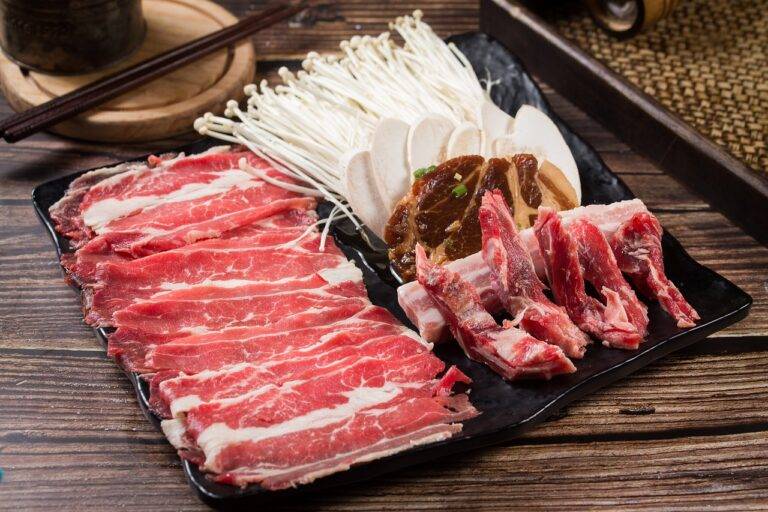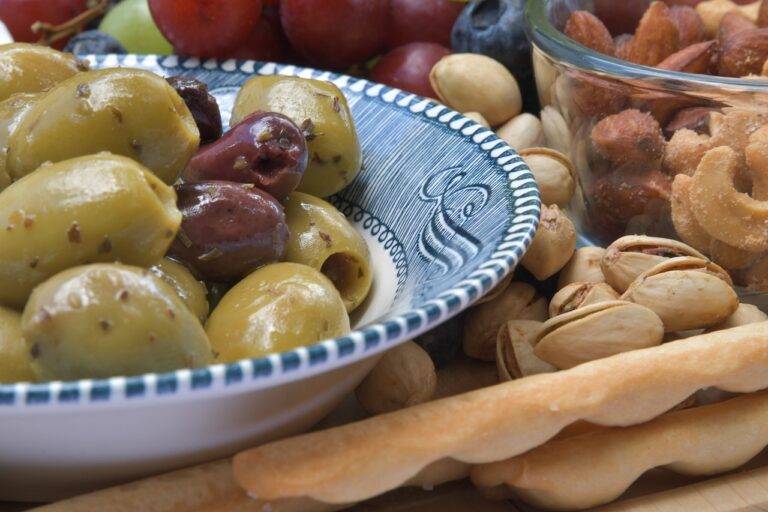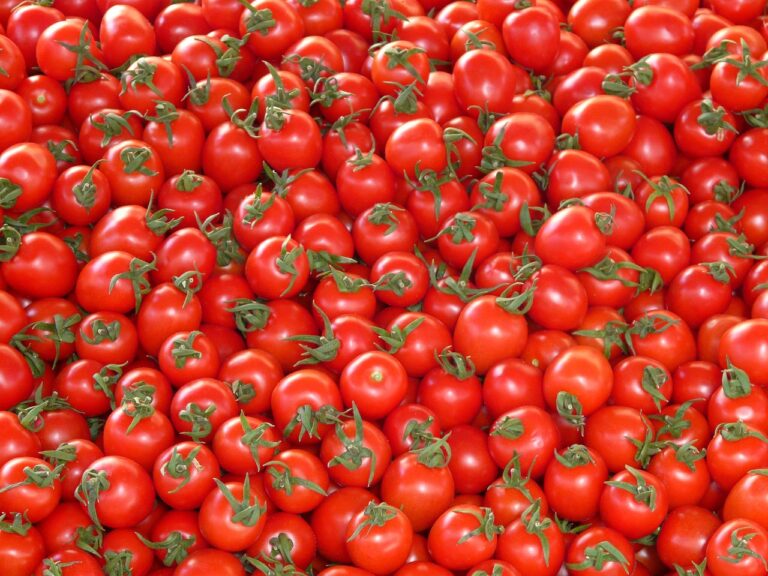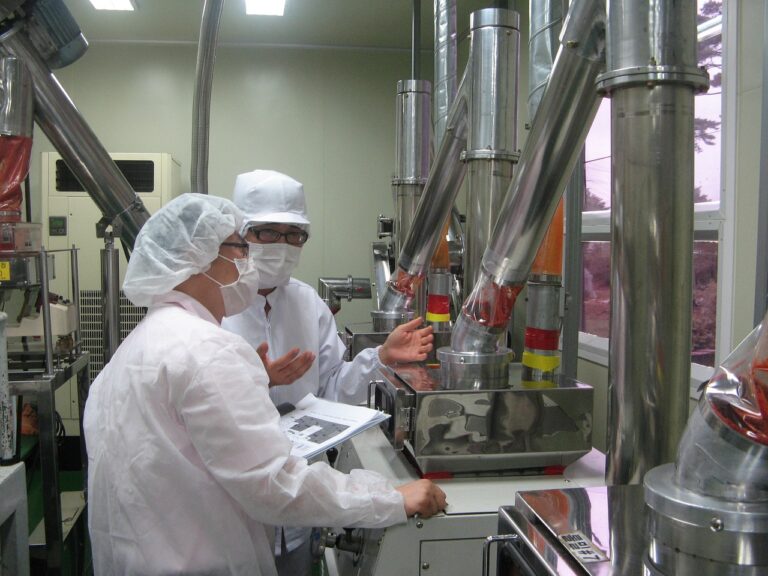Olive Oil Production in Palestine: Challenges and Hopes: Laser247 com login id and password, Lotus 365.vip, Sky 247 login
laser247 com login id and password, lotus 365.vip, sky 247 login: Olive Oil Production in Palestine: Challenges and Hopes
Palestine has a long history of olive cultivation, with olive trees being an integral part of the Palestinian landscape for thousands of years. Olive oil holds cultural, economic, and environmental significance in Palestine, as well as being a primary source of income for many Palestinian farmers. Despite the challenges faced by Palestinian olive oil producers, there are also reasons for hope and optimism in the industry.
Challenges Facing Palestinian Olive Oil Producers
1. Political instability: The ongoing conflict in Palestine has a significant impact on olive oil production. Farmers often face restrictions on access to their land, water shortages, and destruction of olive trees by settlers, all of which can have devastating effects on their livelihoods.
2. Limited access to markets: Palestinian olive oil producers struggle to access international markets due to trade restrictions and lack of marketing support. This limits their ability to sell their products at competitive prices and reach a wider customer base.
3. Lack of modern technology and infrastructure: Many Palestinian olive oil producers still use traditional methods of olive oil production, which can be time-consuming and labor-intensive. The lack of modern technology and infrastructure hinders efficiency and productivity in the industry.
4. Climate change: Climate change has brought about unpredictable weather patterns, such as droughts and floods, which can negatively impact olive oil production. This poses a significant challenge for Palestinian farmers who rely on consistent weather conditions for a successful harvest.
5. Low prices: Palestinian olive oil producers often struggle with low prices for their products, which makes it difficult for them to make a sustainable income. This is exacerbated by competition from cheaper olive oil imports from other countries.
6. Limited access to resources: Palestinian farmers face challenges in accessing resources such as agricultural inputs, credit, and training, which are necessary for successful olive oil production. This limits their ability to improve their practices and increase their yields.
Hopes for the Future of Palestinian Olive Oil Production
1. Growing consumer interest: There is a growing interest in Palestinian olive oil among consumers who value its quality, authenticity, and ethical production practices. This presents an opportunity for Palestinian producers to tap into niche markets and build a loyal customer base.
2. Support from NGOs and international organizations: Various NGOs and international organizations are working to support Palestinian olive oil producers by providing training, technical assistance, and market access. This support helps to strengthen the resilience of Palestinian farmers and improve the sustainability of the industry.
3. Innovation and modernization: Some Palestinian olive oil producers are embracing innovation and modernizing their practices to improve efficiency and quality. By adopting new technologies and sustainable farming techniques, they can enhance their competitiveness in the global market.
4. Cultural heritage and tradition: Palestinian olive oil production is deeply rooted in Palestinian culture and tradition, which gives it a unique selling point in the market. By promoting the cultural heritage of Palestinian olive oil, producers can attract customers who value authenticity and traditional methods of production.
5. Olive oil tourism: Olive oil tourism is a growing trend in Palestine, where visitors can participate in olive harvesting, learn about the production process, and taste locally produced olive oil. This presents an opportunity for Palestinian producers to diversify their income streams and promote their products to a wider audience.
6. Collaboration and networking: Palestinian olive oil producers are increasingly collaborating with each other and forming networks to share knowledge, resources, and best practices. By working together, they can overcome common challenges and strengthen the sector as a whole.
FAQs
Q: Is Palestinian olive oil organic?
A: Many Palestinian olive oil producers use organic farming practices, such as avoiding the use of chemical pesticides and fertilizers. However, not all Palestinian olive oil is certified organic, so it is important to look for products that carry the organic certification label.
Q: Where can I buy Palestinian olive oil?
A: Palestinian olive oil can be found in specialty stores, online retailers, and directly from Palestinian producers. Look for products that are labeled as Palestinian or sourced from Palestinian cooperatives to support local farmers.
Q: What is the best way to store Palestinian olive oil?
A: Palestinian olive oil should be stored in a cool, dark place away from heat and light to preserve its quality. Make sure to seal the bottle tightly after each use and use it within a reasonable timeframe to enjoy its fresh flavor.
Q: How can I support Palestinian olive oil producers?
A: You can support Palestinian olive oil producers by purchasing their products, sharing information about their work with others, and advocating for fair trade practices in the industry. By supporting Palestinian farmers, you are helping to sustain a valuable cultural heritage and promote economic development in the region.







